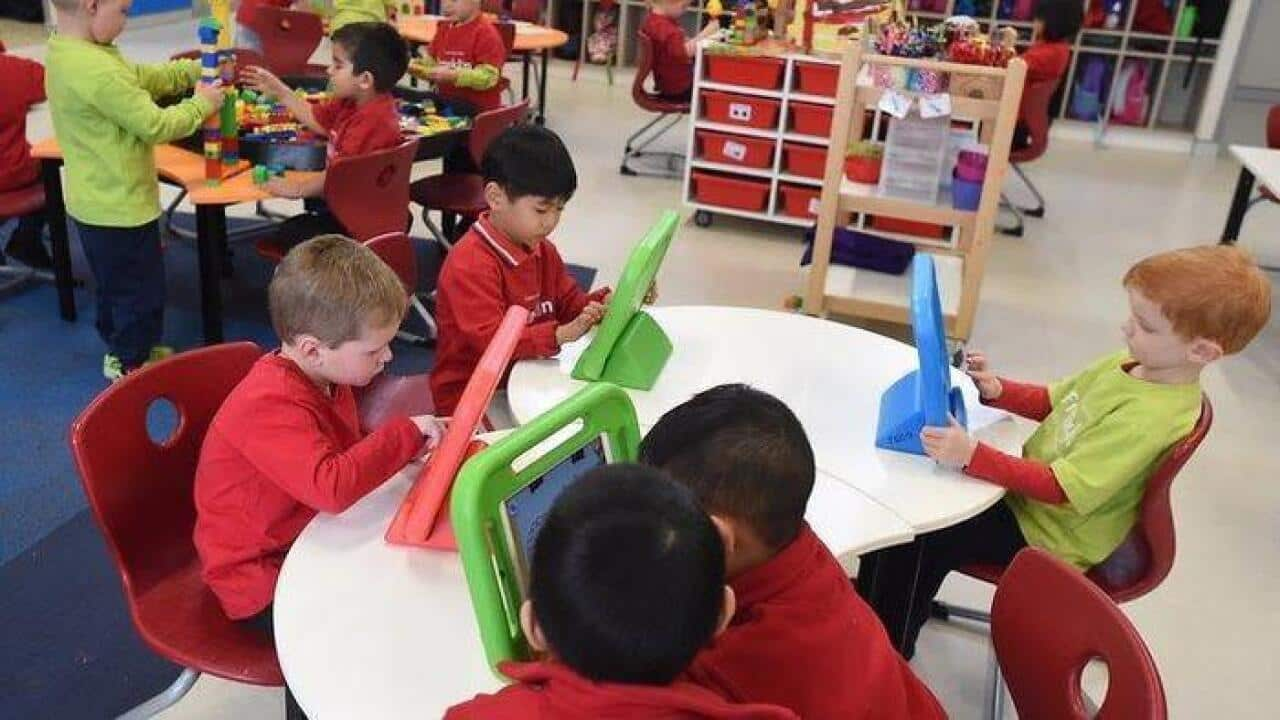Professor McLeod said that while parents in metropolitan areas were more likely to believe multilingualism was an advantage, during the course of their research they found large parts of regional Australia thought it was better to only teach their children English.
"A mother stood up during a meeting in Port Macquarie and said that her and her husband spoke two different Indian languages and were concerned that their child wouldn't grasp English if they spoke it to him at home," said Professor McLeod.
She urged those with multiple languages at home to not be discouraged from teaching them to their children.
"It will not delay their development or impact on their academic outcomes," she said.
"Understanding other cultures and languages and how they work can only be of benefit. Increasing tolerance and learning other things is a really wonderful way to understanding of the world."
She said that if parents were concerned about the speech development, regardless of the language of their children, they should take action early.
Children with speech and language concerns in their early childhood years, regardless of their multilingual status, received poorer academic ratings for literacy and numeracy, the study found.




